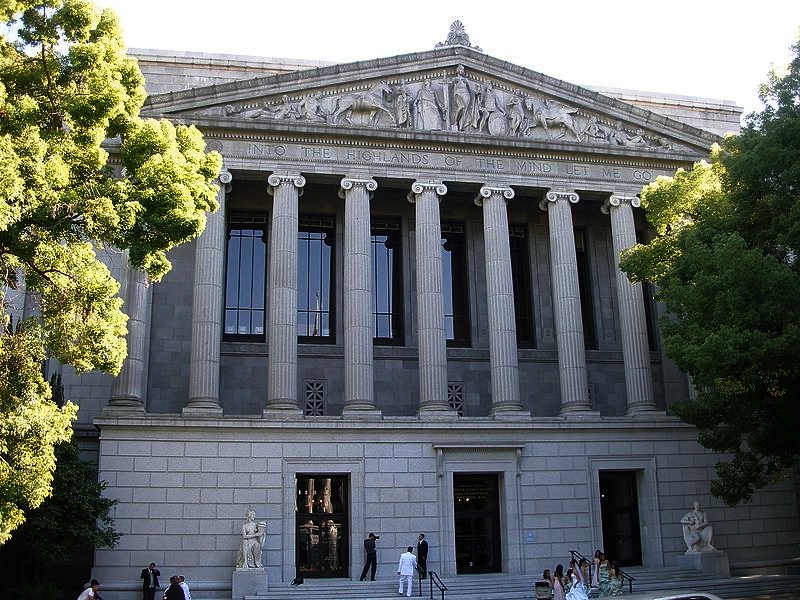
SOCIAL JUSTICE BLOG
Read and share extraordinary stories from the frontlines of social change
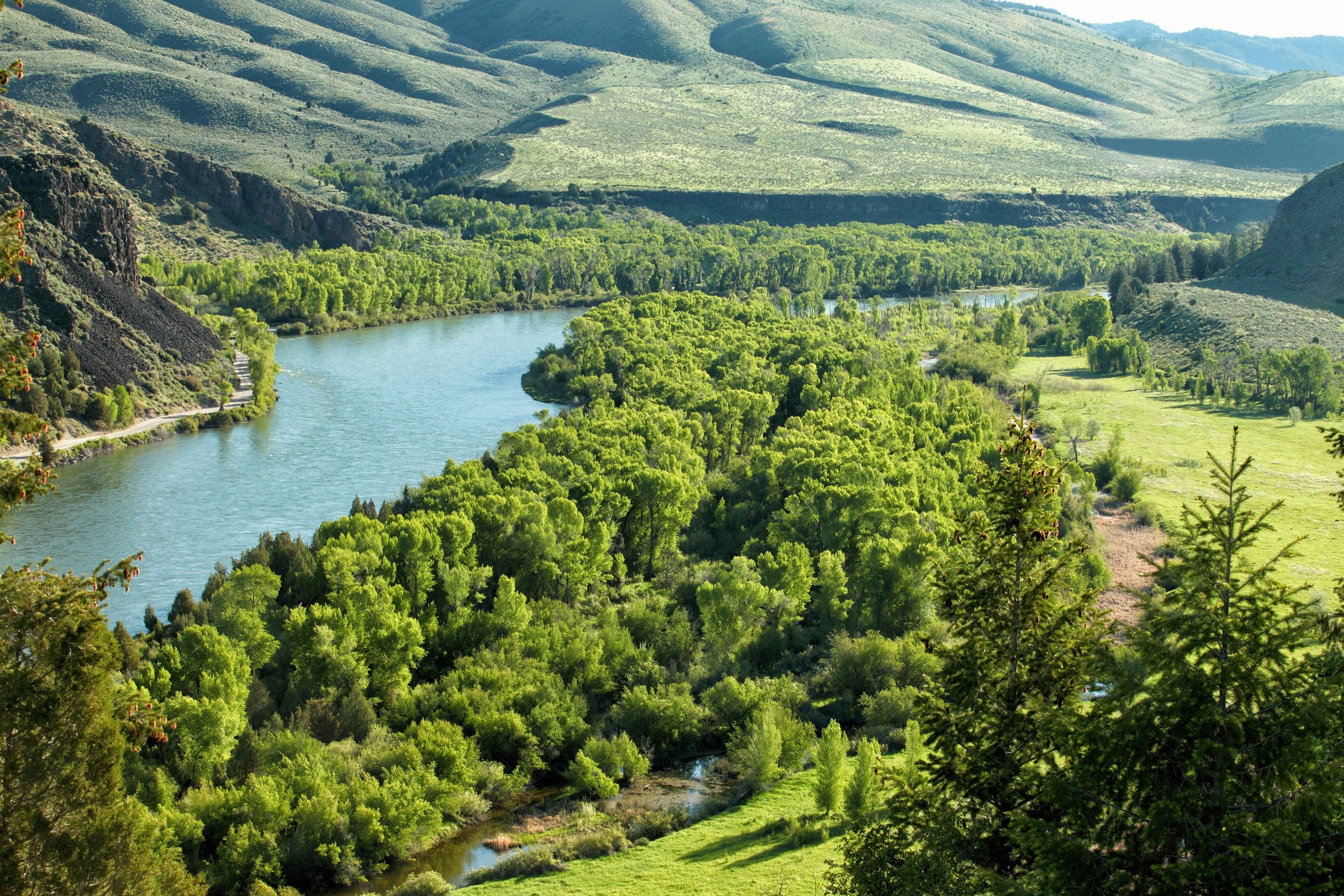
Impact Fund Fall Grants of $150K Support Impact Litigation for Communities Seeking Justice
As many in our community anticipate the challenges of the months and years ahead, we are grateful that we have impact litigation as a tool to push back against injustice and seek accountability for harmful practices. Our newest grantees are doing amazing work on behalf of incarcerated people, immigrant detainees, agricultural workers, rural communities, and people of color. In our fall grantmaking cycle, we granted $150,000 to support seven impact lawsuits challenging injustice across the country. We are excited to share their inspiring stories.
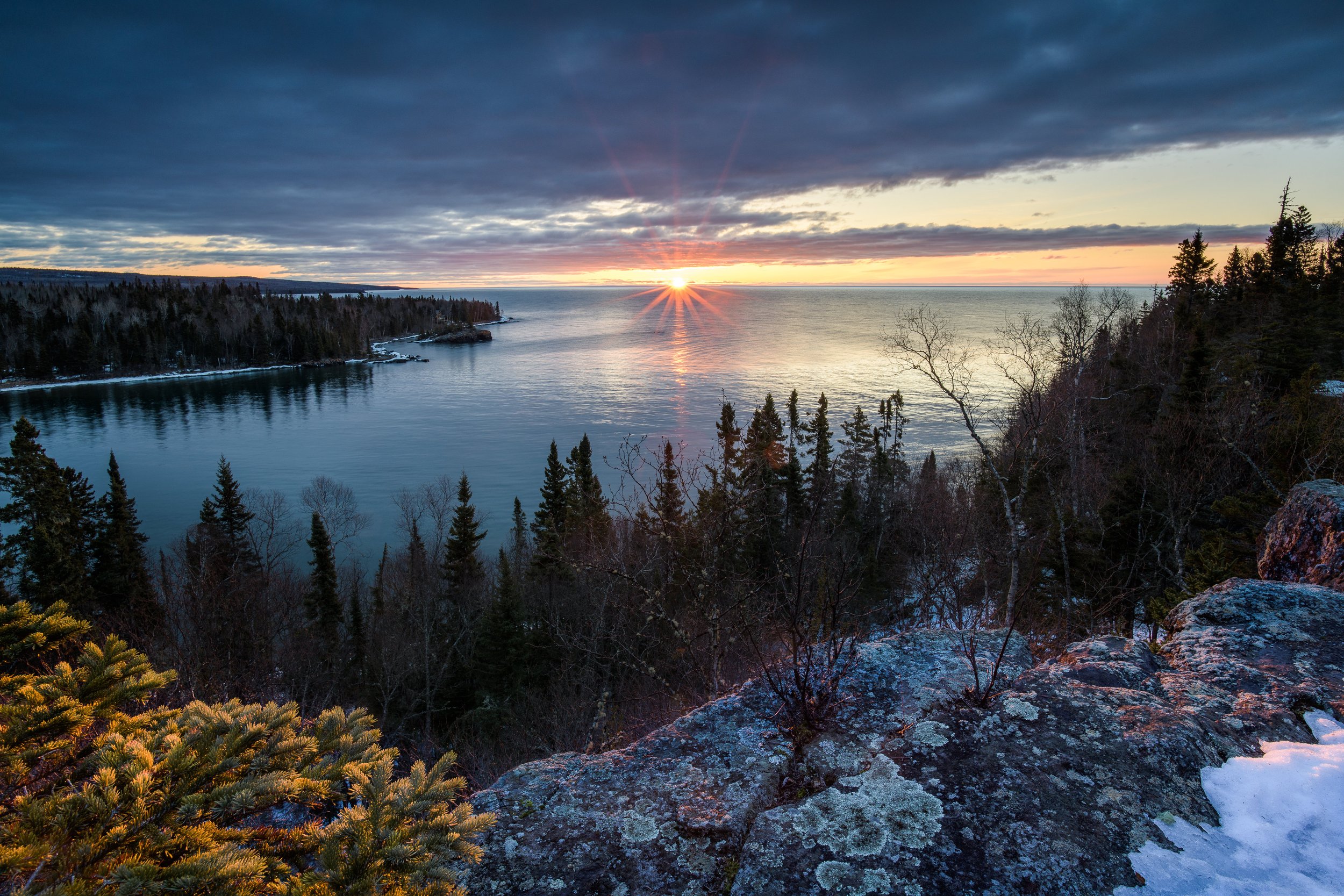
PolyMet's Water Pollution Permit For Sulfide Ore Mine Thrown Out!
The Minnesota Supreme Court’s decision to throw out PolyMet’s water pollution permit was a complete vindication of WaterLegacy’s work after many years of investigation and litigation, much of which was supported by the Impact Fund. The Minnesota Supreme Court not only reversed a major PolyMet permit, but also held that “secrecy is unacceptable.” The Court’s decision has already been cited several times, and we believe it will have important precedential value in Minnesota to protect clean water and regulatory integrity.
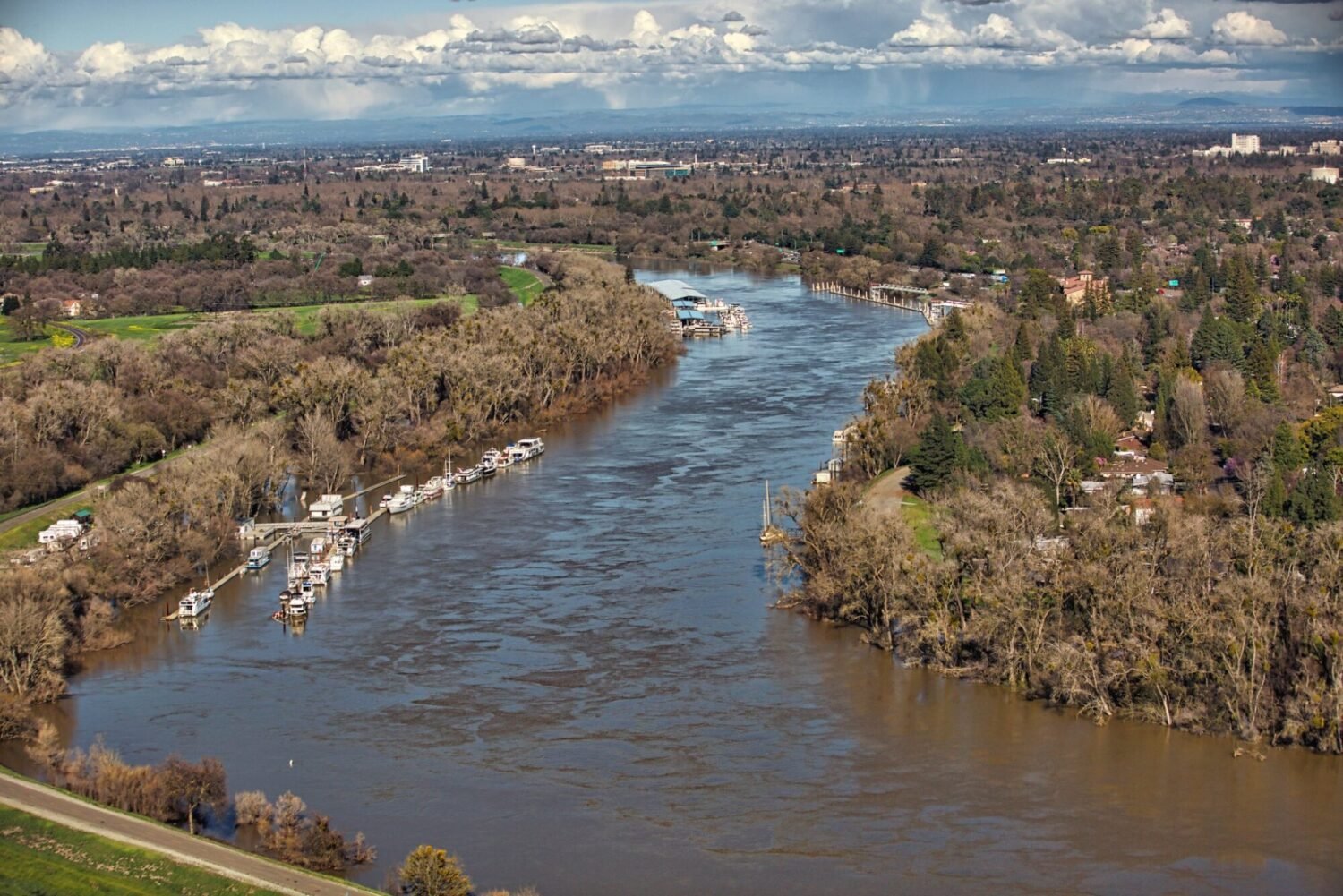
Keeping Sewage Out of the Sacramento-San Joaquin Delta
Following a successful enforcement action by California Coastkeeper Alliance, Sacramento County is now required to repair its outdated sewage system, which has caused multiple sewage overflows over recent years. The County has agreed to invest $100,000 annually toward eliminating sewage discharge through assessments and inspections, cleaning the sewage lines, and repairing or replacing lines that experience repeat stoppages.
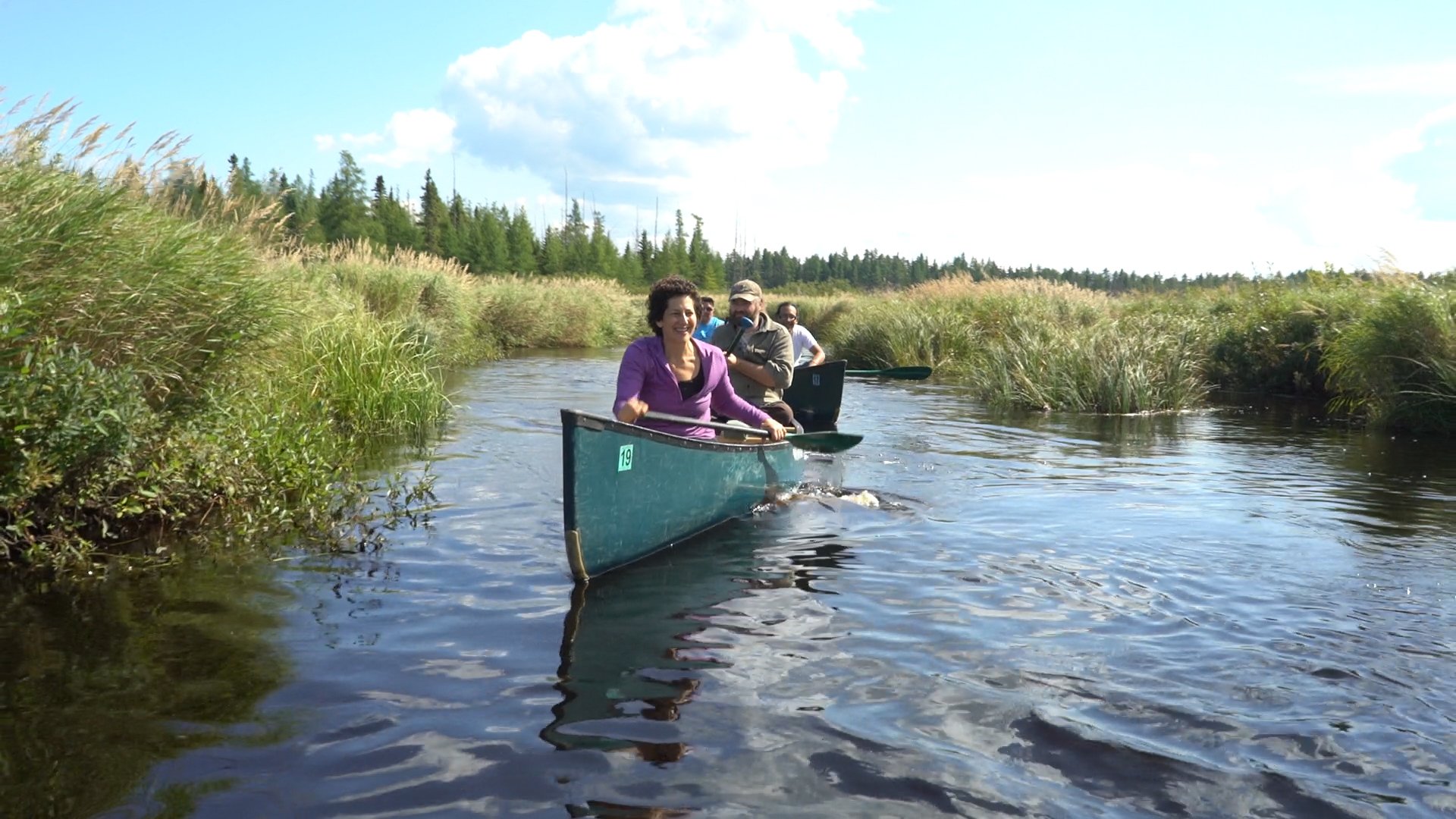
Winning in Environmental Litigation: Outlast the Polluters to Defend the Environment
The PolyMet/Glencore copper-nickel sulfide mine is a dangerous project and a formidable adversary. This mine would be located in the headwaters of the St. Louis River, the largest U.S. tributary to Lake Superior, upstream of the Fond du Lac Reservation and Minnesota’s third largest city, Duluth. The PolyMet/Glencore mine would destroy more than 1,000 acres of wetlands¾the largest wetlands destruction ever approved in the history of our U.S. Army Corps region. The project would release sulfate and toxic metals into waters already impaired due to mercury, contaminating drinking water, decimating wild rice, and increasing toxic mercury contamination of fish. Unfortunately, the Minnesota Legislature has taken PolyMet’s side for more than a decade, sweeping away laws that would pose hurdles in permitting and spending millions in taxpayer funds for outside mining-industry lawyers to represent the agencies granting PolyMet permits.
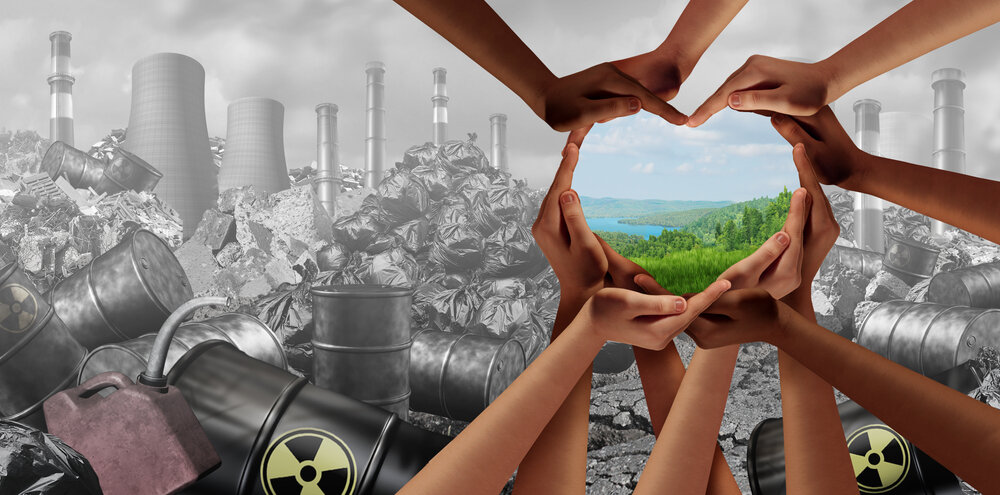
Just Earth Celebrates Three Years of Success Championing Environmental Justice
In the three years since the creation of Just Earth , the need for funding for environmental justice has only increased. After receiving generous seed funding from the Mosaic collaborative, Just Earth is poised for the next chapter. As of today, Just Earth has awarded more than $500,000 by way of 26 recoverable grants. With each of our grants, we aim to effect positive change by funding environmental justice litigation: environmental cases that dually aim to empower and cultivate justice for Indigenous and other underserved communities. All too often, environmental racism and discrimination on the basis of class and race are linked with significant ecological harm.

After Years of Suffering By Low-Income and BIPOC Communities, Court Orders Houston to Obey Clean Water Act and Invest $2BN on Major Upgrades to Sewer System
The Houston Chronicle reported lower-income communities and communities of color are “most likely to feel the consequences of Houston’s long-running struggle with sewer overflows.” We identified thousands of illegal overflows that had occurred across the City’s massive sanitary sewer system and had polluted our local bayous and creeks, as well as neighborhood parks and school playgrounds. This led us to serve the City of Houston with a notice of intent to sue under the Clean Water Act.
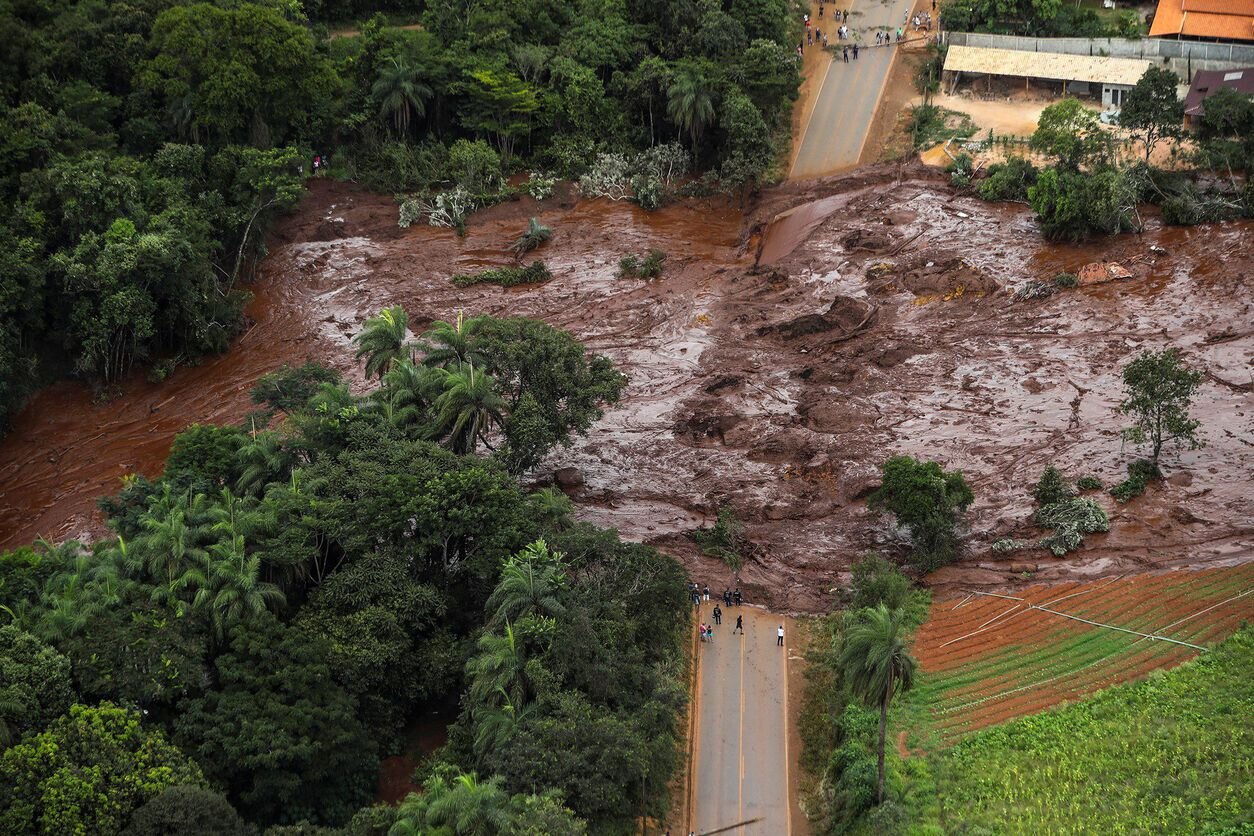
Environmental Justice Appeals Court Victory in Minnesota Paves The Way To Hold PolyMet Accountable.
The proposed PolyMet mine project, located at the headwaters of the St. Louis River, the largest U.S. tributary to Lake Superior, would destroy or impair more than 1,000 acres of wetlands and leach toxic metals like mercury, lead and arsenic into our waters. PolyMet’s tailings waste dam uses the same cheap design as the tailings dam that catastrophically failed in Brazil in early 2019, killing over 250 people.
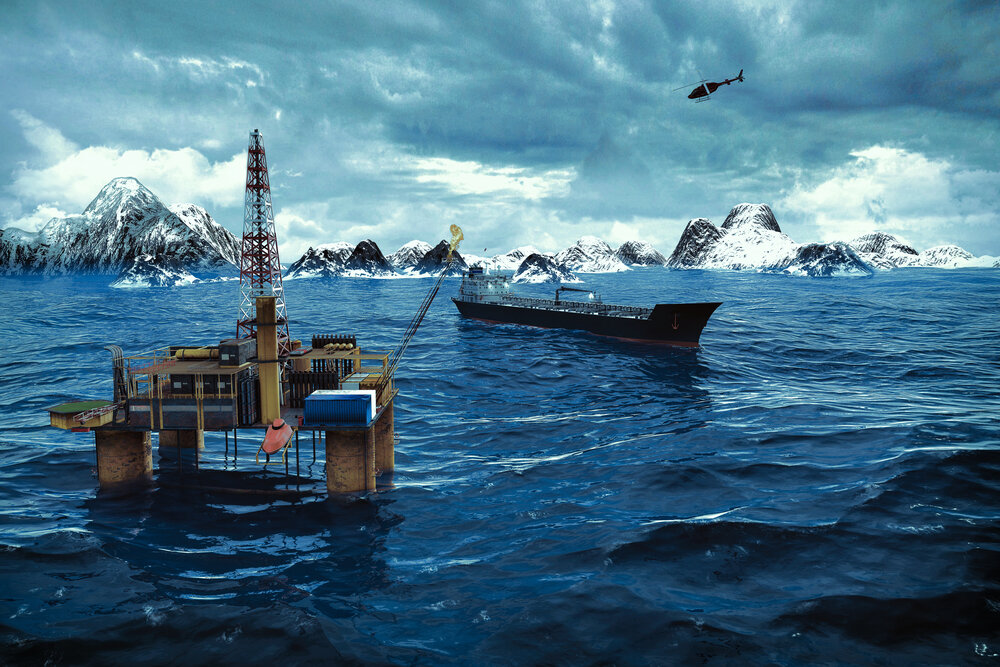
EPA sits on the scales of justice for polluters with new Environmental Appeals Board proposal
The Trump administration has shown repeatedly its willingness to silence the voices of those who live at the doorsteps of polluting industrial facilities, and to consistently value profit over people. With this proposal, through the provisions described above and others, the administration is attempting to institutionalize lawlessness and corporate cronyism in its most cynical form, and close the door on people seeking to hold their government accountable to the law.
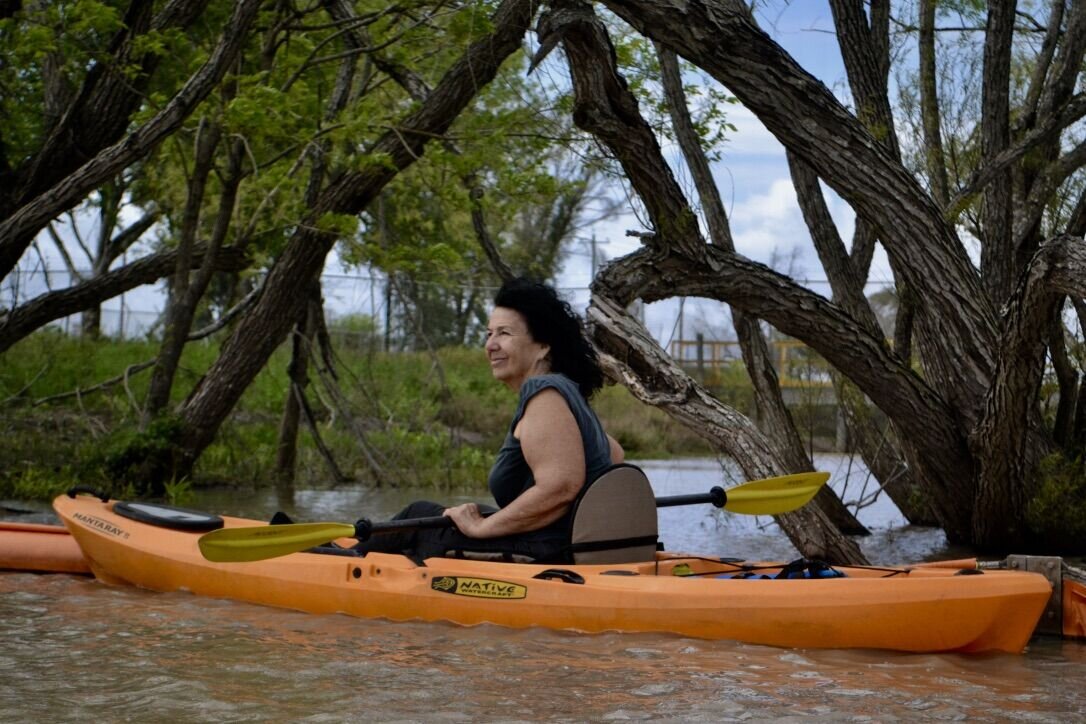
A Victory for Citizen Science along the Gulf Coast: Nurdles, Zero Discharge, and $50M
When the suit went to trial for the liability phase in March 2019, the Waterkeepers packed the 2,428 samples into boxes, drove them to the courthouse in downtown Victoria, and presented them as evidence. Plaintiffs’ marine science expert, Dr. Jeremy Conkle, also testified that from 2017 to February 2019, Formosa’s contractor cleaned up between 7.6 billion and 75 billion individual pellets, meaning that Formosa had discharged well more than this amount since extensive plastics still remained in the environment. Other concerned local citizens testified about seeing extensive discharges of pellets and powder from Formosa’s wastewater discharge pipe directly into the middle of Lavaca Bay.
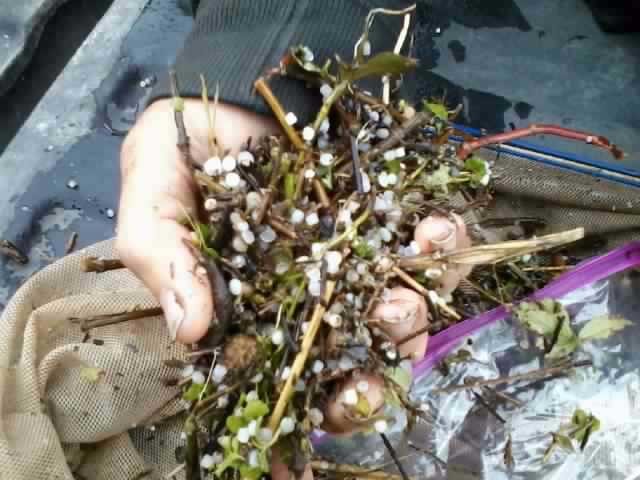
Plastic or People? Protecting the Gulf Coast From the Fossil Fuel Industry Helps the Whole Planet
Refineries and petrochemical plants that process fossil fuels are hurting poor communities and communities of color along the Gulf Coast, including southern Louisiana’s notorious Cancer Alley. And that environmental racism is only getting worse, as Formosa’s decision to target St. James Parish for its next massive plastic facility shows.
![BIG ISLAND [MEGA] DAIRY DUMPS ON LOCAL COMMUNITY](https://images.squarespace-cdn.com/content/v1/559b2478e4b05d22b1e75b2d/1507246139175-I7H9XNVHX199VEG3DEU2/Local.+Fresh.+Milk%3F.png)
BIG ISLAND [MEGA] DAIRY DUMPS ON LOCAL COMMUNITY
The reality is that Big Island Dairy produces local pollution: lots and lots of it. The cows at Big Island Dairy produce a lot more than milk. Due to its size and confinement of animals, the Dairy generates millions of gallons of animal urine and feces that, if not properly handled and treated, become a significant public health and environmental risk.
No one knows those risks better than the community of Ookala, whose residents reside just downhill from the Dairy’s operations.
YOUR GOLDEN OPPORTUNITY TO CLEAN UP FILTHY WATER
Have you been infuriated by your State’s failure to limit toxic pollution from mines and other industries? If so, here’s how you can have your say and stand up for environmental justice.
Current federal regulations have a huge loophole right in the middle of the Clean Water Act permitting program.
